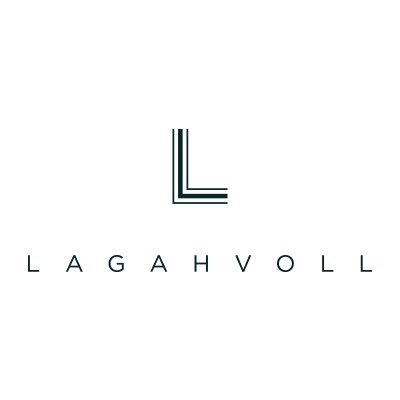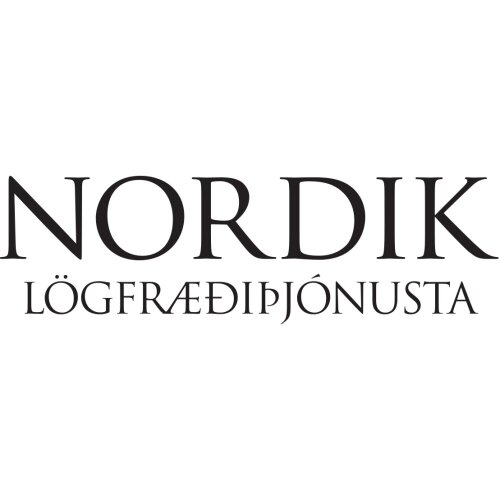Best ADR Mediation & Arbitration Lawyers in Reykjavik
Share your needs with us, get contacted by law firms.
Free. Takes 2 min.
List of the best lawyers in Reykjavik, Iceland
About ADR Mediation & Arbitration Law in Reykjavik, Iceland
Alternative Dispute Resolution (ADR) encompasses methods such as mediation and arbitration, which offer alternatives to traditional litigation for resolving disputes. In Reykjavik, Iceland, ADR practices are becoming increasingly popular due to their time efficiency and cost-effectiveness. Mediation involves a neutral third party assisting disputants in reaching a mutually agreeable solution, while arbitration entails a neutral arbitrator rendering a binding decision. These methods are particularly useful in commercial, family, and labor disputes, and they adhere to both Icelandic legal frameworks and international norms.
Why You May Need a Lawyer
Engaging a lawyer experienced in ADR Mediation & Arbitration can be crucial for several reasons:
- Complex Disputes: Lawyers can help navigate intricate issues, ensuring that all legal aspects are adequately addressed.
- Expertise: Legal professionals bring specialized knowledge of ADR practices and precedents, improving the chances of a favorable outcome.
- Objective Advice: Lawyers provide impartial advice, helping clients understand their position and options objectively.
- Documentation: Ensuring all agreements and decisions are properly documented and enforceable requires legal expertise.
- Conflict Resolution: Lawyers can facilitate negotiations and mediate between parties to reach amicable solutions.
Local Laws Overview
Icelandic law supports ADR methods, reflecting principles found in both local legislation and international agreements. Some key aspects include:
- Legal Framework: The Arbitration Act (No. 53/1989) governs arbitration proceedings, detailing procedures and enforcement of arbitral awards.
- Confidentiality: Both mediation and arbitration proceedings are generally confidential, ensuring privacy for the parties involved.
- Enforcement: Arbitral awards are binding and can be enforced similarly to court judgments under Icelandic law.
- Voluntary Participation: Mediation is typically voluntary, whereas arbitration may be either voluntary or mandated by a prior agreement.
- Neutrality: ADR processes are designed to be neutral, with mediators and arbitrators required to disclose any potential conflicts of interest.
Frequently Asked Questions
What is the difference between mediation and arbitration?
Mediation involves a neutral mediator facilitating discussion and negotiation between parties to reach a mutually agreeable resolution. Arbitration involves a neutral arbitrator who listens to both sides and makes a binding decision on the dispute.
Can I choose my mediator or arbitrator?
Yes, in most cases, parties can agree on the selection of their mediator or arbitrator, ensuring that the chosen individual is mutually acceptable and suitably qualified.
How long does the ADR process take?
The duration varies depending on the complexity of the dispute and the willingness of the parties to reach a resolution. Mediation can be completed in a few sessions, while arbitration might take longer.
Is ADR cheaper than going to court?
Yes, ADR is generally more cost-effective than traditional litigation due to lower legal fees, quicker resolutions, and reduced procedural costs.
Are ADR decisions legally binding in Iceland?
Mediation agreements can be made binding if formalized in a written contract. Arbitration awards are binding and enforceable in the same manner as court judgments under Icelandic law.
What types of disputes are suitable for ADR?
ADR is suitable for a wide range of disputes including commercial, family, labor, and even some criminal matters where mediation is appropriate.
Can I appeal an arbitration decision?
Arbitration decisions are generally final and binding, with limited grounds for appeal, typically relating to procedural issues or arbitrator misconduct.
Is there a cost associated with ADR services?
Yes, there are costs associated with hiring mediators or arbitrators, but these are generally lower than court costs. Fees vary based on the complexity and duration of the case.
How confidential is the ADR process?
Confidentiality is a key feature of both mediation and arbitration, ensuring that proceedings and outcomes are not disclosed to the public.
Can ADR be used for international disputes?
Yes, ADR methods are widely used for international disputes, and Icelandic law supports the enforcement of international arbitral awards under the New York Convention.
Additional Resources
For those seeking further information or assistance, the following resources can be helpful:
- Icelandic Bar Association: Offers resources and referrals for qualified lawyers specializing in ADR.
- The Chamber of Commerce of Iceland: Provides guidance and services related to commercial disputes and ADR methods.
- The Ministry of Justice: Oversees legal frameworks and regulations pertaining to ADR in Iceland.
- The Icelandic Arbitration Centre: A dedicated body for facilitating and managing arbitration processes.
Next Steps
If you require legal assistance in ADR Mediation & Arbitration, consider the following steps:
- Research Qualified Lawyers: Look for legal professionals with expertise in ADR procedures.
- Initial Consultation: Schedule a consultation to discuss your case and explore possible ADR options.
- Preparation: Work with your lawyer to prepare documents and evidence for the ADR process.
- Engage in ADR: Actively participate in mediation or arbitration sessions to seek a resolution.
- Formalize Agreements: Ensure any agreements reached are properly documented and legally binding.
- Follow Up: Stay in contact with your lawyer for any necessary follow-up actions or enforcement of decisions.
Lawzana helps you find the best lawyers and law firms in Reykjavik through a curated and pre-screened list of qualified legal professionals. Our platform offers rankings and detailed profiles of attorneys and law firms, allowing you to compare based on practice areas, including ADR Mediation & Arbitration , experience, and client feedback.
Each profile includes a description of the firm's areas of practice, client reviews, team members and partners, year of establishment, spoken languages, office locations, contact information, social media presence, and any published articles or resources. Most firms on our platform speak English and are experienced in both local and international legal matters.
Get a quote from top-rated law firms in Reykjavik, Iceland — quickly, securely, and without unnecessary hassle.
Disclaimer:
The information provided on this page is for general informational purposes only and does not constitute legal advice. While we strive to ensure the accuracy and relevance of the content, legal information may change over time, and interpretations of the law can vary. You should always consult with a qualified legal professional for advice specific to your situation.
We disclaim all liability for actions taken or not taken based on the content of this page. If you believe any information is incorrect or outdated, please contact us, and we will review and update it where appropriate.









